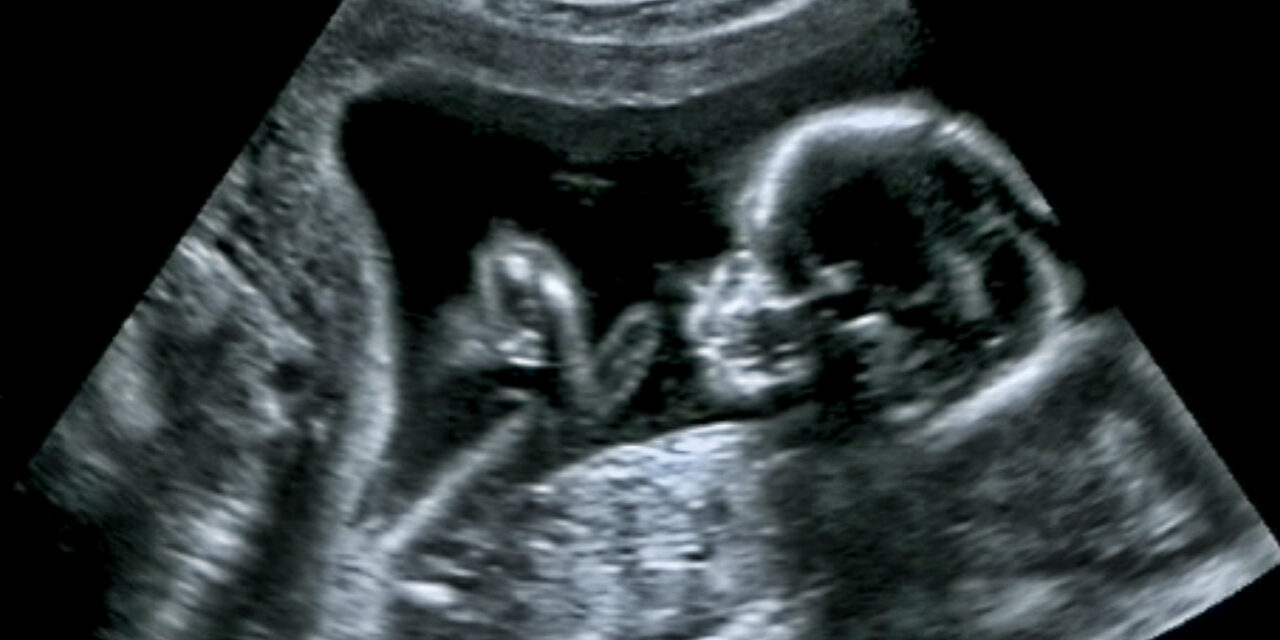The Pro-Choice Ohio Foundation (PCOF) released a report in August recommending the Columbus City Council cease supporting all nine pregnancy resource centers (PRCs) operating in the city. PCOF said the PRCs distributed misinformation and “potentially expose[d] [mothers] to shame and stigma” (p. 32).
The report is presented as a neutral, city-funded investigation into “the practices of [pregnancy resource centers], the services they provide and way that Council can support parents and families within the city” (p. 1)
In reality, it’s a blatant example of the ways “pro-choice” materials — far from being neutral — can advance arguments for abortion.
PCOF’s argument is introduced on the report’s first page:
“If an individual wants abortion care they should be able to access these services in their community, without having to cross state lines, without an attempt to shame and deter them from their decision through coercion and manipulation, and without delay.”
Abortions should be close, fast and unquestioned, in other words. What a poignant contrast to Bill Clinton’s statement that abortions should be “safe, legal and rare.”
More subtle, but no less impactful, PCOF implies it support abortions by misusing negative language to describe PRCs’ outreach.
The report claims PRCs shame and stigmatize women — unfairly humiliating, censoring or disgracing them — for wanting or getting abortions. But PRCs don’t have to support abortion to treat mothers with kindness and respect. Christian PRCs, in particular, work both to advocate for children and impart God’s love, mercy and hope to all mothers.
Requiring participation in “baby bucks” programs to receive baby supplies is also stigmatizing, according to the report, because it reinforces that “just because someone needs assistance they are ‘lazy’ or ‘feel entitled’ and need to ‘learn and better themselves’” (p. 4)
PCOF further implies anything short of PRC’s offering their services and supplies for free is stigmatizing (p. 1)
Do with that what you will.
Counseling and “baby bucks” programs don’t censor or humiliate mothers — they help give mothers support and knowledge to parent their baby after giving birth. This is a practical, necessary service pro-abortionists repeatedly accuse pro-lifers of neglecting.
The report goes so far as to claim that “the goals of [PRCs] are spreading misinformation and stigma, not providing help,” because Columbus PRC’s spend more money on marketing than baby supplies (p. 31)
It’s unclear how marketing budgets shed broader light on PRCs’ purpose, but regardless, the statistic is misleading. PRCs receive donations that aren’t reflected in their spending reports. Additionally, ultrasounds — one of PRC’s most publicized services — aren’t expensive to operate. The one-time cost of buying the machine would only affect one year’s spending.
Rather than presenting objective, legitimate research, PCOF accuses PRCs of “stigmatizing” women based solely on its pro-abortion stance. The organization’s emphasis on PRCs’ alleged wrongdoings with no mention of the good they’ve done is an argument fo abortion
The report also alleges PRC workers manipulate or pressure women to keep their children by redirecting conversations away from abortion, visibly reacting women saying they want to get an abortion, making women take a pregnancy test at the clinic to get an appointment and making the PRC look like “a real medical facility” (p. 26-28).
I don’t know what a “real medical facility” looks like, but the other alleged tactics are more persuasive, which means convincing someone of another belief or course of action, than manipulative, which has to do with controlling someone using deception. The Columbus PRCs list the kind of services they offer on their website, and what patients need to know before they decide to get an abortion, so they are not deceiving mothers. Nor are mothers obliged to stay at the PRC if they feel manipulated.
The report acknowledges investigators felt no pressure to keep their child at five of the eight PRCs investigators visited in-person (p. 12).
Most egregiously, the report calls ultrasounds used to show mothers their babies, rather than diagnose a health concern, “tools of manipulation” (p. 28).
If PCOF were truly neutral on abortion and supportive of women’s reproductive rights, it would support PRCs’ giving mothers the opportunity to make informed decisions about the life of their preborn baby. Instead, it tries to persuade readers — including legislators — that ultrasounds showing mothers their babies’ bodies and heartbeats are deceptive and harmful. This is an argument for abortion.
Predictably, the report labels most of the information on PRCs’ websites misinformation. It leaves out studies and research supporting the effectiveness of using progesterone to reverse a chemical abortion and the documented mental health problems, side-effects, risk of cancer and risk of infertility associated with abortion (p. 3, 21). These omissions, while frustrating, are not particularly surprising.
It’s more concerning that PCOF only validates claims they agree with. The Columbus PRCs’, for instance, claimed some contraceptives and Plan B can cause abortions. PCOF labeled this misinformation because the drugs don’t hurt babies already growing in the uterus — but many PRCs believe that life begins at conception, rather than when an embryo implants itself in the uterine wall (p. 17). Since some contraceptive methods stop embryos from implanting, they can absolutely cause abortions.
PCOF can certainly disagree that life begins at conception, but they do not have the authority to claim that position is factually false, particularly considering the ethical and scientific evidence supporting it. Attempting to seize that authority to discredit pro-life arguments exposes PCOF’s implicit argument for abortion.
Organizations like PCOF use the illusion of neutrality to appear authoritative and impartial on abortion. Often, these semantics hide a deeper argument, not in favor of women’s rights, but in favor of abortion — as the Columbus report demonstrates. Pro-lifers must be able to identify and understand these tactics to argue against them.
Additional Resources
Post-Abortion Hope and Healing
The Abortion Pill: How Does it Work?
When it’s Not Too Late: Can the Abortion Pill be Reversed?
Maternal Mortality Rates and Abortion
Abortion Facts, Stats and Research
Photo from Shutterstock.






